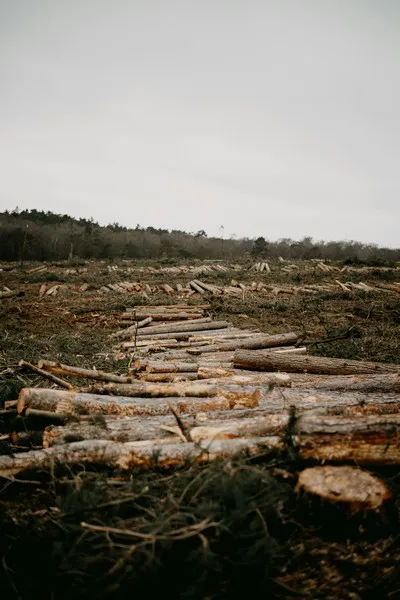Table of Contents
Deforestation, the large-scale removal of forest cover, is a phenomenon with significant sociological implications. It intersects with various aspects of society, including economic development, environmental sustainability, and social justice. As the global community grapples with the consequences of environmental degradation, understanding the multifaceted nature of deforestation becomes essential. This article delves into the causes, impacts, and potential solutions to deforestation, providing a comprehensive overview suitable for an undergraduate audience.
Causes of Deforestation
Economic Factors
One of the primary drivers of deforestation is economic development. Developing countries often exploit their natural resources, including forests, to foster economic growth. This exploitation typically involves logging for timber, clearing land for agriculture, and mining. Timber extraction, for instance, is a lucrative industry that provides employment and income. Similarly, agricultural expansion, driven by the demand for commodities such as palm oil, soy, and cattle, necessitates the clearing of vast forested areas. These economic activities, while beneficial in the short term, often disregard the long-term environmental costs. The short-sighted pursuit of profit can lead to irreversible environmental damage, undermining the sustainability of future economic activities.
Population Growth and Urbanization
Population growth and urbanization also contribute significantly to deforestation. As the global population increases, so does the demand for land, food, and resources. Urban expansion leads to the conversion of forests into residential and commercial areas. This process is particularly pronounced in developing nations, where rapid urbanization is often poorly planned and regulated. The need to accommodate growing populations results in the encroachment on forested lands, leading to habitat destruction and biodiversity loss. Moreover, as urban areas expand, infrastructure development such as roads and highways further fragments forests, exacerbating the negative impact on ecosystems.
Political and Legal Factors
Political and legal frameworks play a crucial role in either mitigating or exacerbating deforestation. Weak governance, corruption, and inadequate enforcement of environmental regulations often facilitate illegal logging and land grabbing. In many cases, governments prioritize economic development over environmental protection, granting concessions for logging and agriculture without sufficient oversight. Additionally, conflicting land use policies and tenure systems can lead to disputes and unauthorized deforestation. Effective governance and robust legal frameworks are essential to controlling deforestation. This includes not only creating but also rigorously enforcing laws that protect forested areas and hold violators accountable.
Impacts of Deforestation
Environmental Consequences
The environmental impacts of deforestation are profound and far-reaching. Forests play a crucial role in regulating the Earth’s climate by absorbing carbon dioxide. When trees are cut down, not only is this carbon sequestration capacity reduced, but the carbon stored in trees is also released into the atmosphere, contributing to global warming. Deforestation also disrupts the water cycle, leading to altered precipitation patterns and increased risk of floods and droughts. Furthermore, the loss of forest habitats results in the extinction of numerous plant and animal species, reducing biodiversity. The fragmentation of forests can also isolate wildlife populations, making them more vulnerable to disease and genetic bottlenecks.
Social and Economic Impacts
Deforestation has significant social and economic repercussions. Indigenous communities and local populations that depend on forests for their livelihoods are particularly affected. These communities rely on forests for food, medicine, and cultural practices. The destruction of forest ecosystems threatens their way of life and exacerbates poverty and inequality. Moreover, deforestation can lead to conflicts over land and resources, as displaced communities and competing interests vie for control. The loss of ecosystem services provided by forests, such as water purification and soil stabilization, also has economic costs, impacting agriculture and other industries. The economic strain caused by these disruptions can ripple through societies, exacerbating existing social tensions.
Health Implications
Get the full article AD FREE. Join now for full access to all premium articles.
View Plans & Subscribe Already a member? Log in.



